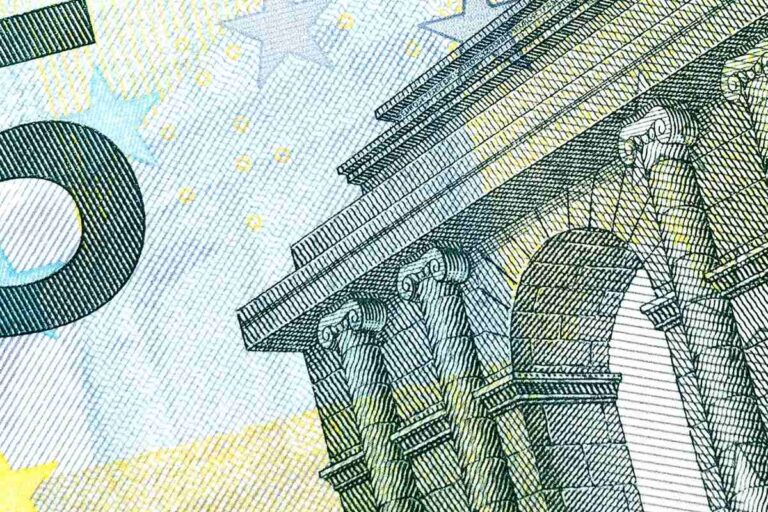The world is divided into two people: the ones who aptly manage their finances and the ones who don’t. Money could be considered easy, but managing it does not come naturally to everyone. There are many individuals out there who struggle financially even after earning enough money to sustain themselves.
The road toward financial welfare demands an informed and strategic approach. Planning for an undetermined future, shadowed by rising inflation, can only be done through controlled monetary planning.
Financial decision-making is a critical element in both personal and professional success. From a seemingly unimportant choice that one takes in budgeting to elaborate strategies planned for professional investments, Financial decision-making plays a vital role in guiding individuals.
Table of Contents
What is financial decision making?
Financial decision-making is a framework, a sequence of steps people or business entities undertake to recognize, assess, and pick among various financial options. Basically, it involves evaluating the financial data and then, based on the pros and cons, coming to a decision that syncs an individual’s long-term monetary goals and purpose.
It is a significant process that comprises a wide range of activities, encompassing investing, budgeting, lending, borrowing, and controlling risks. Numerous ongoing situations/factors, like economic stability, regulatory factors, and personal financial requirements impact the financial decision-making process. Many experts in this field advise individuals to consider these factors before coming up with strategies, as they often fluctuate with time.
In a nutshell, financial decision-making is an amalgamation of choices from everyday budgeting to managing expenditures. Efficient decision-making demands an individual to have a comprehensive grasp of monetary concepts and theories. It is also important to make informed decisions after analyzing the appropriate data.
Importance of financial decision making
Financial decision-making involves high stakes because it influences not just the present financial health but also shapes the financial plan in the long term.
So, grasping these elements is profoundly important. This segment provides comprehensive information on its importance, making the reader aware of the financial decision-making process’s magnitude:
- Accomplishing financial goals: Be it for saving in retirement, buying a house, or paying back debts, making informed financial decisions plays a major role. Each one of these goals requires a strategic and contemplative approach. Financial decisions like investing, budgeting, and saving tax efficiently prove to be instrumental in achieving financial goals. By building disciplined and insightful decision-making, one can craft a basis that fulfills the needs and sets up the fundamental work;
- Handling risk: The only thing certain in life is uncertainty; efficient financial decision-making acts as a guard against life’s relentless attacks. Illness, disasters, and accidents are always around the corner; signing up for insurance and emergency reserves will come in handy to mitigate that;
- Constructing wealth: Being smart about one’s financial decisions is crucial in achieving financial well-being. Individuals who desire to build their wealth will only accomplish it when they make informed financial decisions by analyzing the concepts of diversification, market trends, and budget intricacies;
- Directing a successful business: Business owners and entrepreneurs thrive in an ever-changing financial landscape, so making an efficient financial decision serves as a recipe for success. Business owners can direct their companies toward profitability and sustainability by understanding the available insights.
Tools and techniques used
Equipping oneself with the right kind of financial tools is necessary in the world of financial decision-making. This section is dedicated to the exploration of techniques and tools used in financial decision-making.
- Estimating and budgeting tools: You can use these tools to generate detailed financial strategies. They help provide an effective framework that individuals can use to grasp their monetary situation and make insightful decisions;
- Risk Mitigating techniques: Risk Mitigating Techniques like hedging and portfolio diversification come in handy for individuals who like to open their options. They minimize the negative outcomes of the financial decisions;
- Financial planning Apps/Software: These days, you can install numerous apps to help you make informed financial decisions. One can even invest and trade in these apps only after thorough research and personal preference.
Read also: How the 50/30/20 budget rule can transform your finances
Factors influencing financial decision making process
Two factors influence this, one is personal, and another one is economic. Here, in this section, let us comprehensively understand both of these factors.
- Personal factors: Personal Factors involve the risk appetite of an individual, financial knowledge, and preference. It requires a person to know financial matters before making a choice. If an individual is a high-risk taker, they might go with a more volatile approach, with the high-risk, high-reward method, and vice-versa.
- Economic factors: Economic factors like inflation, interest rates (which impact the borrowing expenses), and market trends significantly influence the financial decision-making process. Overall, the Economic condition of a geographical area greatly impacts an individual’s financial well-being.
Read more: The state of financial literacy worldwide: the leading countries championing it












